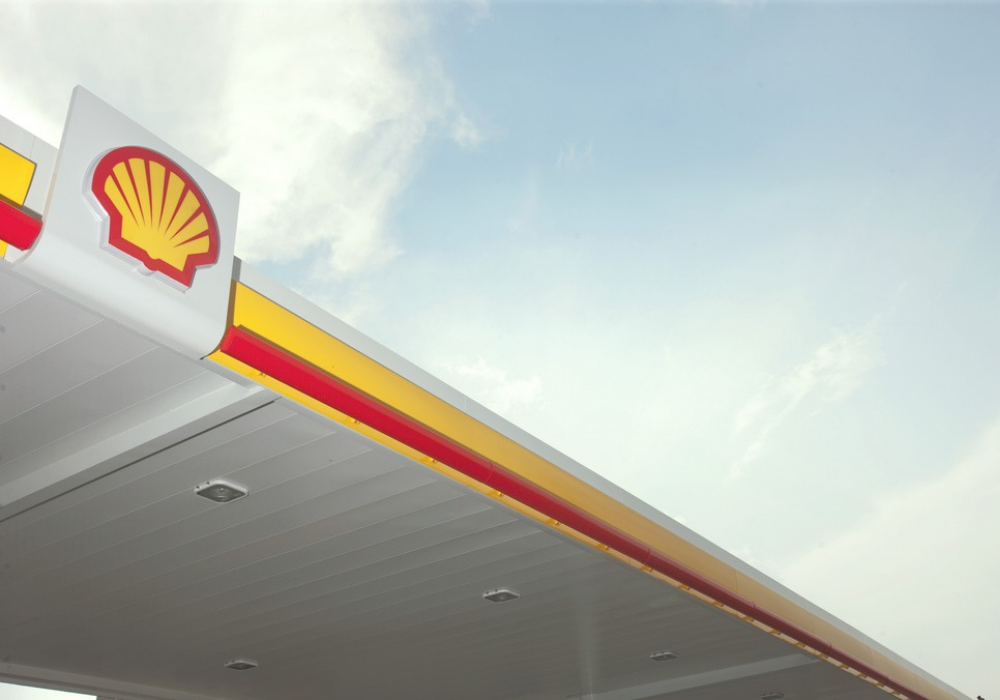
Profits at Royal Dutch Shell almost halved in the fourth quarter of 2019, as a result of low oil and gas prices, and challenging conditions in its refining and chemicals business.
Earnings for the period stood at $2.9bn, down 48% compared with $5.7bn in the same four months of 2018.
Full-year earnings were also down, dropping by 23% from $21.4bn in 2018 to $16.5bn last year.
Shell profits hit by ‘challenging macroeconomic conditions’
The Anglo-Dutch oil firm said it would not be shelving its plans to complete a $25bn share buyback programme, although admitted the pace of the process would be affected.
Shell CEO Ben van Beurden said: “The strength of Shell’s strategy and portfolio has enabled delivery of competitive cash-flow performance in 2019 despite challenging macroeconomic conditions in refining and chemicals, as well as lower oil and gas prices.
“We generated $47bn in cash flow from operating activities excluding working capital movements and distributed over $25bn in dividends and share buybacks to our shareholders.
“We remain committed to prudent capital discipline supported by world-class project delivery and are looking to further strengthen our balance sheet while we continue with share buybacks.
“Our intention to complete the $25bn share buyback programme is unchanged, but the pace remains subject to macro conditions and further debt reduction.”
Share prices in Royal Dutch Shell were down more than 3% at the time of writing during the day’s trading, at £20.59 per share.
Performance continues third-quarter trajectory
Oil prices fluctuated throughout 2019, but were mostly subdued due to the effects of plentiful global supply and gloomy prospects over economic growth — largely as a result of the US-China trade standoff.
Brent crude averaged $64.36 per barrel in 2019, down from $71.06 per barrel in the previous year, while high production levels of natural gas — particularly in the US — have kept prices for the fuel low, with Henry Hub spot prices averaging $2.57 per million British thermal units (MMBtu) in 2019.
Since the start of 2020 crude oil prices have veered significantly — initially buoyed by tensions in the Middle East and a US-China trade deal, but later dented by the impact of the coronavirus outbreak in Asia and fears over slowing global demand, which earlier this week briefly dragged prices below $60 per barrel.
In October, Shell blamed low commodity prices for a 15% annual decline in its third-quarter earnings, joining several other oil majors to have struggled to maximise returns amid difficult market conditions.
The $25bn share buyback programme was launched last year following Shell’s 2016 acquisition of BG Group for $54bn, with more than half of the planned purchases having already been completed.
The oil firm said it will launch the next tranche of buybacks in the first quarter of 2020 to the tune of $1bn.
It also confirmed a shareholder dividend of $0.47 per ordinary share for the final three months of 2019 — totalling $3.7bn and equalling the dividend paid in the third quarter.






